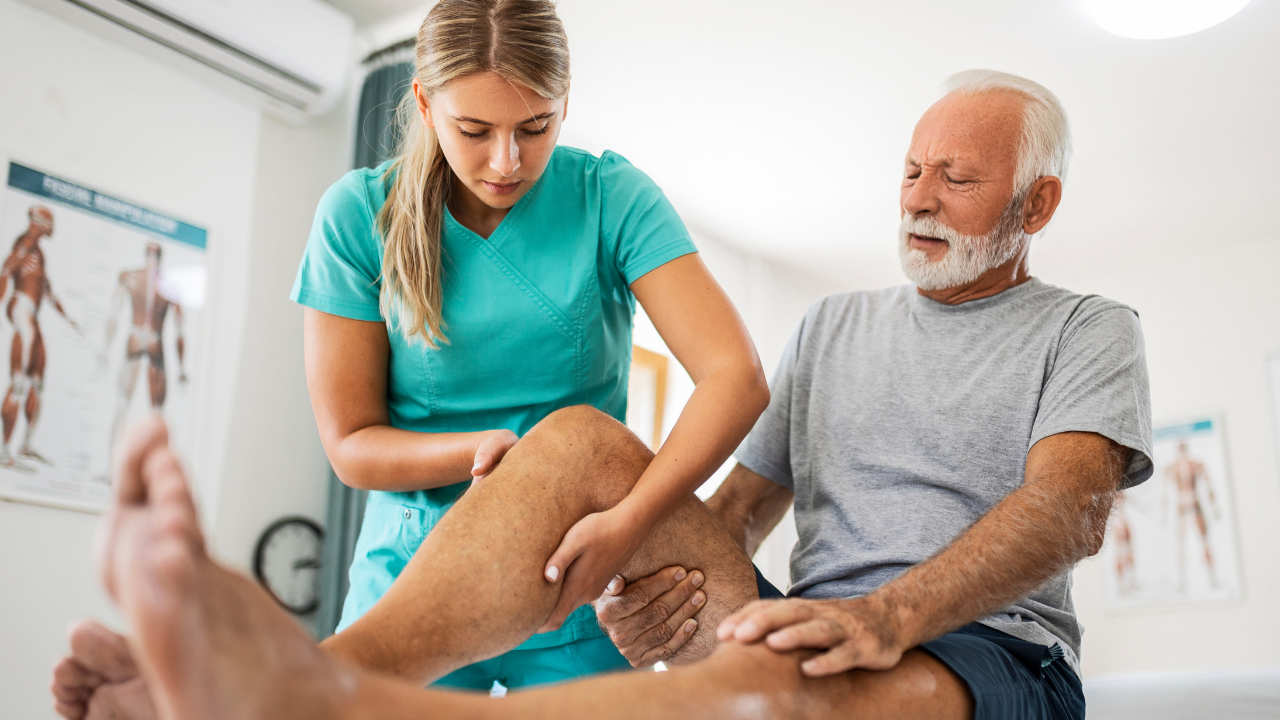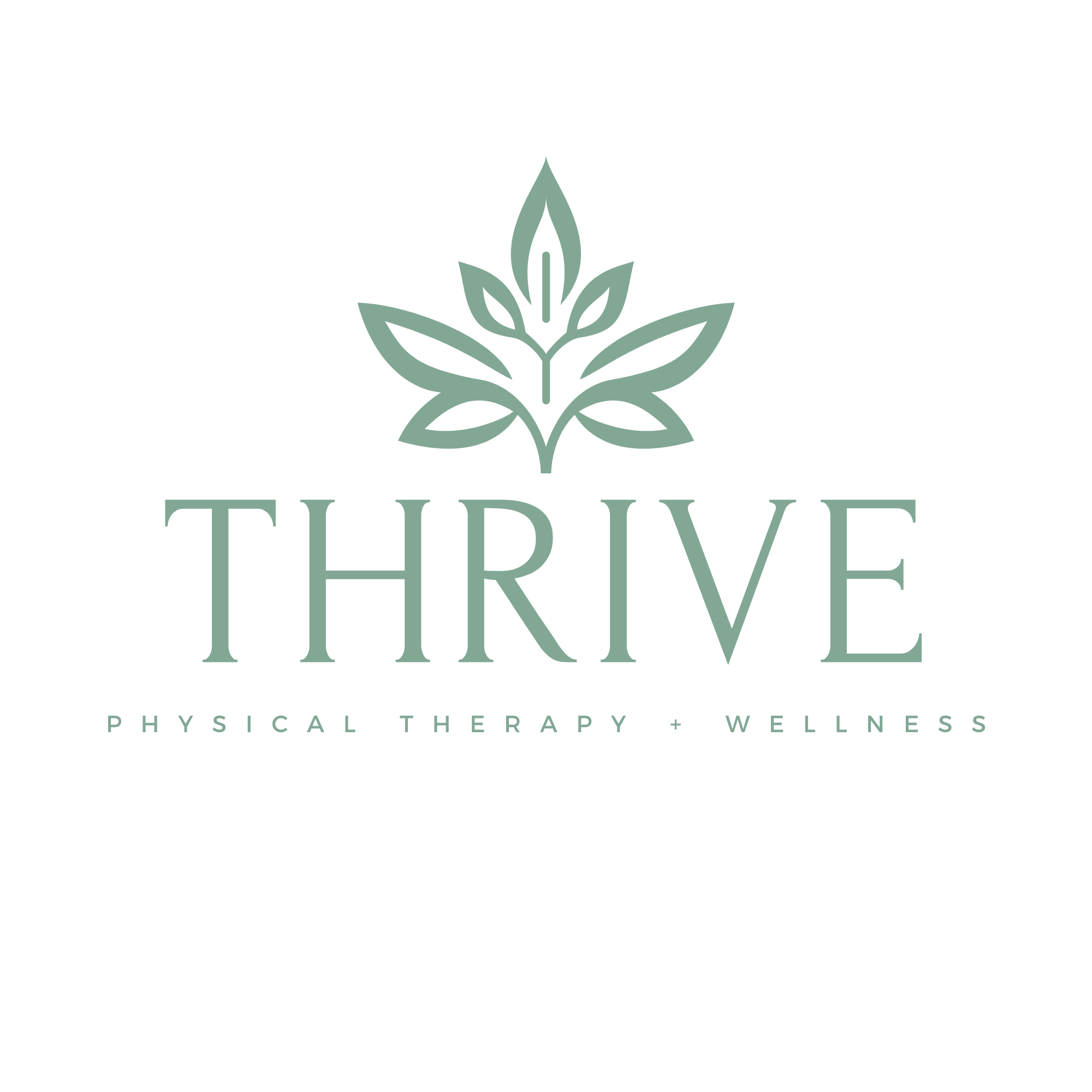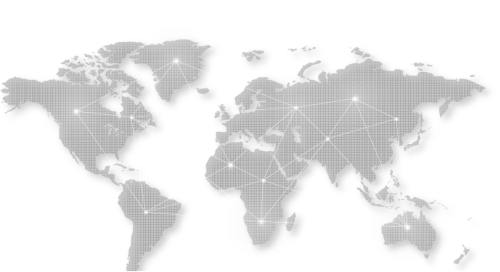
When it comes to treating a concussion, the road to recovery can be complex and filled with varying approaches. In recent years, there has been an ongoing debate over the best treatment methods—should you rest your brain completely, or is active therapy the key to a quicker and safer recovery? For anyone dealing with the aftermath of a concussion, understanding the differences between rest and therapy—and how they impact healing—can be crucial for making informed decisions about their recovery.
Physical therapy, particularly the services offered at Thrive Physical Therapy, is gaining recognition as an effective treatment for concussion recovery. But does it truly hold the edge over traditional rest, or do both approaches have their place in the healing process? Let’s dive deeper into these options, breaking down the benefits and challenges of each.
The Role of Rest in Concussion Recovery
Rest is often the go-to recommendation for concussion recovery. In the immediate aftermath of a concussion, most medical professionals advise complete rest, both physically and cognitively. The reasoning behind this is simple: the brain is injured, and it needs time to heal without any further strain or stress.
For the first 24 to 48 hours, rest is vital. During this time, it’s important to avoid physical activities, including exercise, as well as cognitive activities such as reading, screen time, or even intense social interaction. The goal is to reduce brain activity to a minimum, giving it a chance to heal naturally without overwhelming it with additional demands.
However, as recovery progresses, the importance of rest can start to shift. Too much rest, especially after the initial period, can lead to a phenomenon known as “post-concussion syndrome.” This is where symptoms persist for weeks, months, or even longer. While rest is essential in the early stages, an extended period of inactivity can result in a lack of physical and cognitive stimulation, leading to ongoing symptoms like dizziness, fatigue, and trouble concentrating.
The Emergence of Concussion Therapy
Physical therapy has become an increasingly popular option in concussion recovery, especially at clinics like Thrive Physical Therapy. Concussion therapy is tailored to help individuals regain balance, strength, coordination, and mental clarity after their injuries. But why is therapy now seen as such a valuable treatment?
Therapy helps to address the lingering effects of concussions that go beyond the initial symptoms. For instance, many concussion sufferers experience vestibular symptoms, such as dizziness or difficulty with balance, which can significantly affect their daily lives. Physical therapists specializing in concussion recovery can use targeted exercises and techniques to help patients retrain their balance and coordination systems, gradually desensitizing them to the sensations that cause dizziness or discomfort.
Another important aspect of concussion therapy is its focus on the cognitive aspects of healing. Following a concussion, many people struggle with mental fog, difficulty concentrating, and memory issues. Physical therapists at places like Thrive Physical Therapy use specific exercises designed to improve cognitive function, helping patients regain mental clarity. These exercises often involve a combination of physical movements and brain-stimulating tasks, allowing patients to “retrain” their brain to function more effectively.
Furthermore, therapy also focuses on the gradual reintegration of physical activity into a person’s routine. For some individuals, prolonged inactivity can lead to physical deconditioning—muscle weakness, joint stiffness, and overall physical decline. A physical therapist can help patients slowly ease back into exercise, improving their strength and overall physical well-being while simultaneously monitoring for any signs of concussion symptoms returning.
Finding the Balance Between Rest and Therapy
So, with rest providing the much-needed foundation for initial recovery and therapy offering active rehabilitation, what is the right balance for a concussion patient? It’s important to note that rest and therapy are not mutually exclusive; they should complement each other throughout the recovery process.
In the first few days after a concussion, rest is non-negotiable. It allows the brain to heal without further strain. However, once the initial phase of recovery has passed, a shift toward therapy can help to accelerate recovery and prevent prolonged symptoms. It’s during this transition phase that patients can benefit from a more structured approach—one that combines the restorative effects of rest with the active rehabilitation provided through therapy.
A critical component of concussion recovery is monitoring symptoms. Every person’s recovery journey is unique, and what works for one individual may not be appropriate for another. It’s essential for patients to stay in close contact with healthcare providers, especially those experienced in concussion care, such as the professionals at Thrive Physical Therapy. They can assess the patient’s progress, determine when it’s safe to begin incorporating therapy, and ensure that patients are not pushing themselves too hard, too fast.

The Importance of Early Intervention
One of the standout benefits of concussion therapy, particularly through Thrive Physical Therapy, is the early intervention that can prevent longer-term complications. When therapy is initiated early in the recovery process, it can help individuals avoid the cycle of ongoing symptoms that can persist for weeks or months if left untreated.
Physical therapists who specialize in concussion recovery have a deep understanding of how the brain heals. They use evidence-based techniques to ensure that therapy is tailored to the individual’s needs. Early intervention in a structured therapy program helps to improve outcomes, allowing patients to recover more quickly and more thoroughly than they would with rest alone.
Moreover, physical therapists can identify potential issues that might otherwise go unnoticed. For example, some patients may experience issues with vision or neck pain after a concussion—problems that can impede their overall recovery. Concussion therapy includes comprehensive assessments, ensuring that all aspects of the injury are addressed, from balance problems to cognitive difficulties.
Concussion Therapy at Thrive Physical Therapy
When it comes to concussion recovery, Thrive Physical Therapy provides a unique and holistic approach. They understand that no two concussions are the same, and recovery varies from person to person. The clinic takes a patient-centered approach, ensuring that therapy is customized to each individual’s specific needs and recovery goals.
The team at Thrive Physical Therapy is highly trained in concussion rehabilitation, utilizing the latest research and evidence-based practices to help patients regain their health. Their physical therapists specialize in the treatment of vestibular and balance disorders, as well as cognitive therapy. The clinic offers personalized treatment plans that evolve with the patient’s progress, ensuring that the recovery process is smooth and effective.
Moreover, the clinic emphasizes the importance of combining physical therapy with a gradual return to daily activities. Patients are not rushed into any activity but are instead guided step-by-step toward reintroducing physical and cognitive stressors in a controlled and safe manner. This approach ensures that patients can return to their pre-concussion lifestyle without compromising their health or well-being.
Suggested Reading: Work Injury Rehabilitation: When Should You Start Physical Therapy?
Conclusion
The debate between rest and therapy as the best treatment for concussion recovery is not easily settled. Both approaches play a vital role in the healing process, with rest offering the crucial foundation for early recovery, while therapy accelerates healing and helps address lingering symptoms. The key is finding a balance—one that combines the restorative power of rest with the active rehabilitation provided by a skilled physical therapist.
Thrive Physical Therapy offers the expertise and care that individuals need to navigate this journey. With early intervention, personalized treatment plans, and a holistic approach to recovery, Thrive Physical Therapy stands as a leader in concussion therapy. If you or someone you know is dealing with the aftermath of a concussion, consider reaching out to Thrive Physical Therapy to ensure a smooth, safe, and effective recovery.

